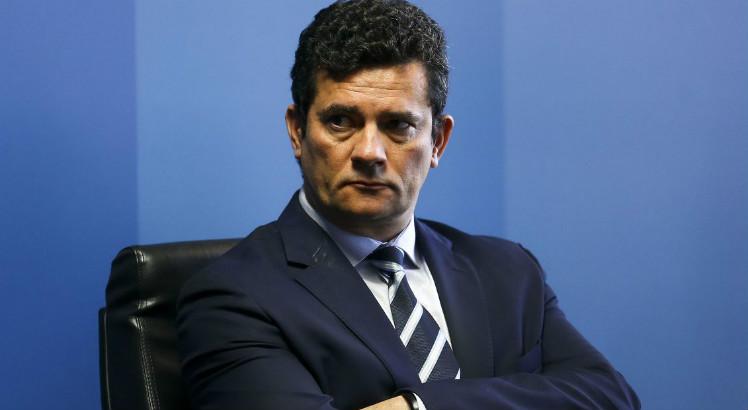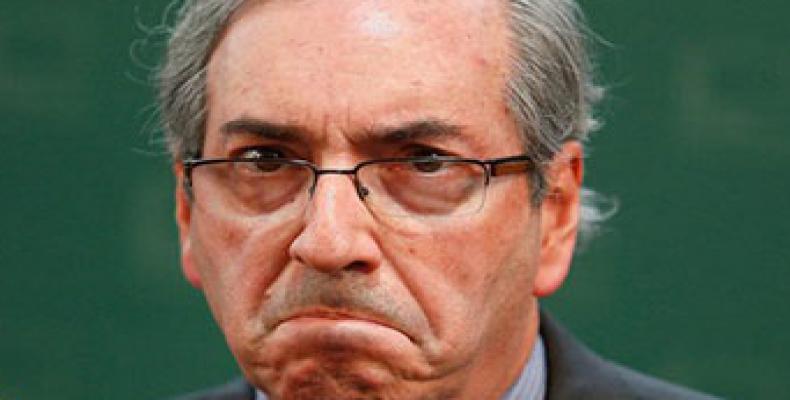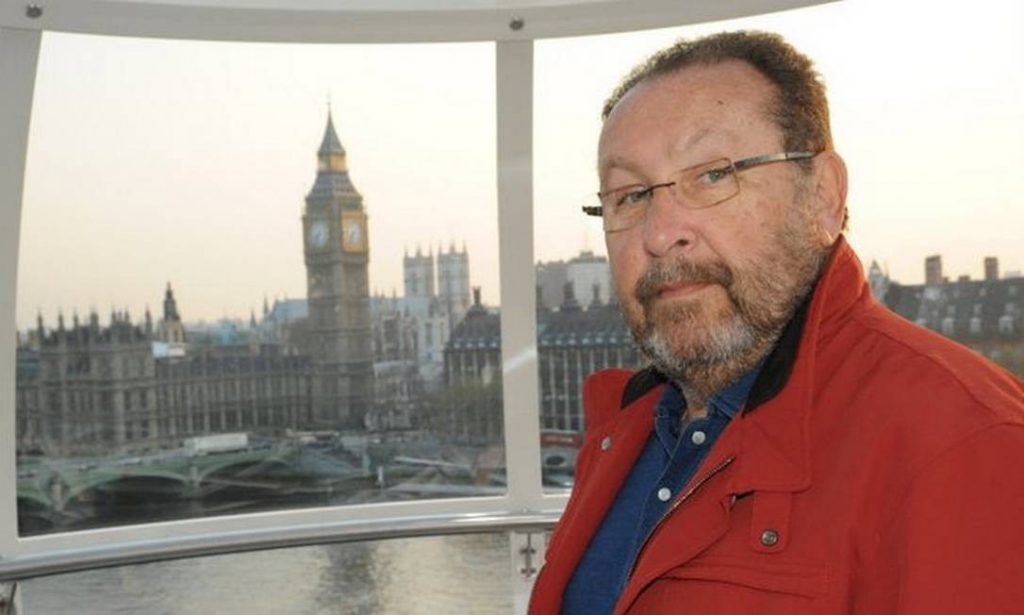RIO DE JANEIRO, BRAZIL – After Brazil’s biggest daily newspaper Folha de S.Paulo already turned against Sérgio Moro a few days ago, the influential center-right Brazilian Veja magazine, a former close ally of Sérgio Moro who helped to build up the hero-like reputation of the ex-judge and current justice minister, turned against the former protégé as well.

Veja, together with lead accuser The Intercept, disclosed, on Friday, July 5th, new messages between Lava-Jato prosecutors and then judge Sérgio Moro. According to the magazine, more than 649,000 messages on Telegram were analyzed for this report, which shows a massive commitment to bring light into this rampant scandal.
Through a note, the Ministry of Justice reaffirms that it “does not recognize the authenticity of alleged messages obtained by criminal means and which may have been totally or partially adulterated.”
Moro also laments the fact that Veja refused to forward a copy of the messages before the article was published. In the note, published on the Ministry’s website, it refutes the accusations involving Bumlai, Musa, and Cunha, as well as Moro’s interference in operations (see below).
“The Minister of Justice and Public Security has always been and always will be an advocate of freedom of the press. However, the criminal invasion of public agents’ cell phones to invalidate convictions for corruption or to hinder the continuity of investigations is vehemently repudiated,” the text says.
Since June 9th, The Intercept has been releasing messages exchanged on Telegram between the minister and the Lava-Jato prosecutors, delivered by an unidentified source.
The authenticity of the messages is questioned by Moro, who even went to the Committee on Constitution, Justice, and Citizenship and to the Chamber of Deputies to answer some inquiries about the case. Journalist Glenn Greenwald, the founder of The Intercept, was also invited to the Chamber.
See the main points of this Friday’s leak:
Moro conspired to keep jurisdiction over cases in his own court
One of the main points of the conversations revealed this Friday is related to a request from Moro to a Federal Police delegate in Curitiba, identified as Erika Marena. According to the publication, the former judge delayed the inclusion of evidence in the case of Flávio Barra — Andrade Gutierrez’s executive arrested in the operation — in order to keep the case in the capital of Paraná and not be transferred to the Federal Supreme Court (STF).
Moro urged Marena to “take her time” in adding these documents to the file, and the STF did not receive the information that sitting politicians were involved in the scheme.
During a conversation on October 23rd, 2015, prosecutor Athayde Costa asks one of the task force groups if they know where a document seized from Flávio Barra can be found.
Marena replied that “the Russian (Moro) had said not to hurry” to include the materials in the file and that, therefore, she had forgotten to do so. “I’ll do it soon,” Marena added.

In this specific case, the Ministry of Justice guarantees that “there is no element attesting to the authenticity of the messages sent or that the then judge was aware of the said spreadsheet more than thirty days beforehand.”
How to Handle Eduardo Cunha?
On July 5th, 2017, Moro questioned prosecutor Deltan Dallagnol on rumors of a possible leniency agreement by former President of the Chamber of Deputies, Eduardo Cunha (MDB-RJ). In the conversation, the judge was against a possible settlement. “I hope they don’t,” wrote Moro at 11:11. “Just rumors. Don’t proceed,” replied Dallagnol three minutes later. “We’ll follow everything. Whenever you want, I’ll fill you in,” he concluded. “I’d appreciate it if you’d keep me posted. I’m against it, as you know,” Moro said.
The former president of the Chamber of Deputies and mastermind of former president Dilma Rousseff’s impeachment, Eduardo Cunha, was then a notorious power politician who helped many federal deputies finance their election and thus had them politically in his pocket, allegedly promised to disclose what he knew about then-president Michel Temer and at least fifty other federal deputies, senators, and ministers, among other politicians.
“Ah hah Fachin is ours”
On July 13th, 2015, Dallagnol comments with colleagues from the MPF that he talked for 45 minutes with Justice Edson Fachin, rapporteur of Lava Jato cases in the Supreme Court (STF). “Aha ha Fachin is ours,” Dallagnol says to his colleagues.
Six days earlier, the prosecutors’ concern was that, as Eduardo Cunha’s whistleblower proposal impacted politicians with a privileged forum, the final word on signing an agreement shifted to the Federal Prosecutor General (PGR), and Justice Fachin would have to sign off on the plea bargain.
Judge Moro Tells Prosecutor Dallagnol what Evidence is Missing
In a conversation on April 28th, 2016, Judge Moro, whose job is to remain impartial and neutral, warned prosecutor Deltan Dallagnol that there was a missing piece of evidence in the denunciation of Zwi Skornicki — a businessman and lobbyist accused of mediating bribes in Petrobras’ corruption scheme. The information is given by Dallagnol to D.A. Laura Tessler, who was then removed at Dallagnol’s suggestion.

Skornicki became a whistleblower for Lava Jato and confessed that he paid bribes to state employees, among them Eduardo Musa, also mentioned by Dallagnol in conversations. “Laura, in the Zwi case, Moro said he has a bank deposit in favor of Musa, and if it was not included by mistake, he said he would receive it tomorrow, and there’s time. It’s just good to warn him,” says Dallagnol. “Oh, I’ll see,” she says.
The next day, according to Veja, the Federal Prosecutor’s Office (MPF) included evidence of a deposit of US$80,000 made by Skornicki to Musa.
On December 17th, 2015, Moro charged the MPF for the request to revoke the pre-trial detention of cattle breeder João Carlos Bumlai, a friend of former president Luiz Inácio Lula da Silva.
“I need MPF evidence for the request for revocation of Bumlai’s preventive detention until noon tomorrow,” suggests Moro. “Okay, it will be done,” answers Dallagnol. “Here are some good decisions to mention when you need to arrest someone… too bad that it seems that whoever issued the decision is acting a little strangely,” he adds.

